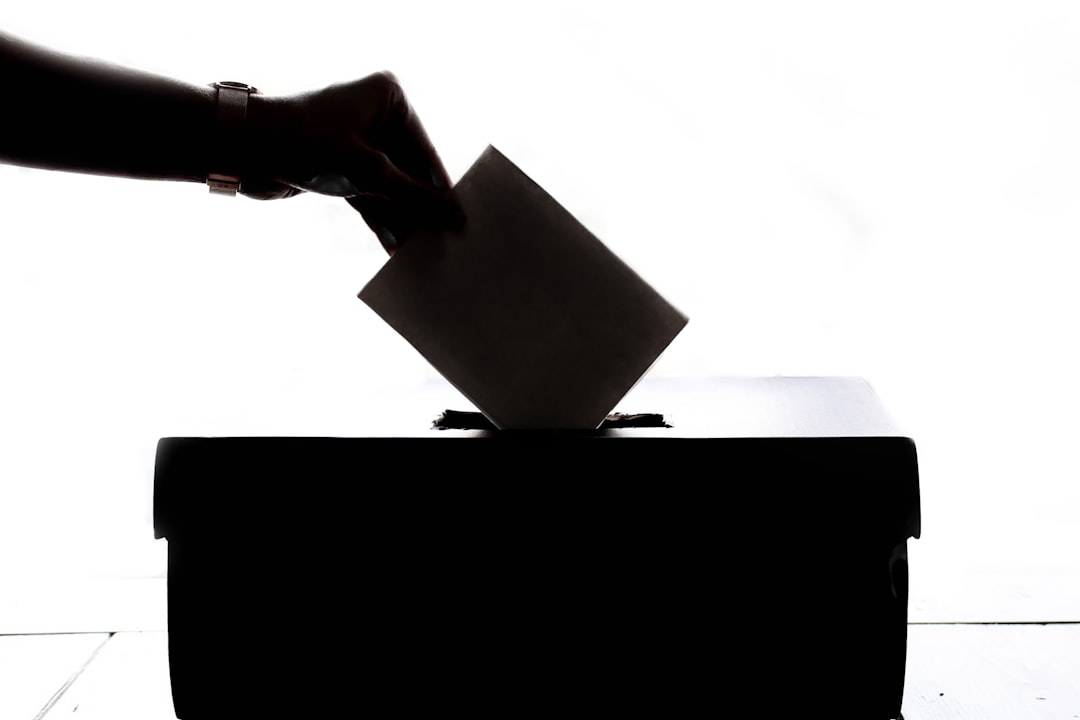Sunday Musings (on Tuesday Election Morning)

I attended an out-of-town Catholic Mass on Sunday. Because I am a word geek and will read just about anything put before me, I immediately grabbed the Sunday bulletin from a table at the back of the church. After a bit of prayer, I opened the bulletin hoping to find out more about the church’s upcoming fundraiser (a bountiful dinner at a local Italian restaurant) and other tidbits.
I could not make it past the inside cover, which featured a full-page letter from the pastor about the upcoming elections. The first paragraph started out as expected: The priest encouraged parishioners to visit the United States Council of Catholic Bishops (USCCB) to view the Catholic position on everything from whole-life topics to care for creation. “Neither of the major political parties supports the totality of Catholic teaching and neither opposes the totally of the Catholic teaching. So it really is a question of becoming informed and then forming your conscience before voting,” the letter read.
This is the neutral position you expect the Church to take.
The next paragraph of the pastor’s letter mentioned that because a fair number of Americans question the integrity of elections, people lose faith and move toward violence. “A case in point, 300 children have been shot in Chicago already this year, 41 fatally.” See the connection? No, neither do I. The letter then goes on to talk about the January 6 storming of the Capitol, but inserting the sentence about gun violence before that is an attempt to draw a line between right-wing anger and violent crime. It is a broken line that never quite makes its way to the end, and it sets up the reader for confusion.
Next, the priest takes on recent chatter comparing the United States to Nazi Germany. “Right wingers of every stripe are too easily called Nazis,” the priest writes in his letter. True enough. And there have been plenty of times when Democrats have been compared to Nazis, too (when they’re not being called Communists or Socialists). But then the letter takes another dramatic turn. “What should really frighten us about people being called Nazis is that the Nazis themselves got many of their ideas from us!” The priest quotes from the book, American Model: the United States and the Making of Nazi Race Law by James Whitman: “In debating how to institutionalize racism in the Third Reich, they [the Nazis] began by asking how the Americans did it.”
Again, I’m struck by how the priest’s comments seem to lean ever-so-slightly against members of the right-wing party. Maybe he’s right. It could also be safely said, though, that from a Catholic perspective, abortion and euthanasia (definitely more part of the right-wing party platform) could be compared the the Nazis’ elimination of “the unfit.”
As the priest noted at the beginning of his letter, neither party supports all of Catholic teaching. It should also be okay to say that neither party supports all of every party member’s beliefs. A Democrat does not have to agree with the legality of abortions after six weeks, and a Republican doesn’t have to insist that all guns, including assault-style weapons, remain legal. You can be fiscally liberal and socially conservative, or vice-versa. This is actually how people used to vote: with their mind and their conscience to make the best (albeit imperfect) choice.
Lately, political parties have become like religions. We must follow all of the rules and not stray from any of its beliefs. This “religion” seems to lack the tolerance of God-focused religions. Acceptance of another’s beliefs is not encouraged; in fact, it is considered anti-whatever-it-is-you-believe-in. Opinions that stray from the “faith” lead to hard social media critiques; they might even get you fired.
Friends and family always argued politics at the dinner table. Then they ate and drank and hugged and went home. Now, many families avoid each other because of strong differences in politics, or they bite their tongues through holiday dinners and are eager for the time they can finally leave.
When I first read that letter in church, I was furious. Then I was curious. Then I was annoyed. Then I was rational. It’s kind of how we have arguments with one another, right? You’re wrong. Wait, why do you think that way? Well, I still think you’re kind of wrong. After talking with you, though, I see your side, and thank you for seeing mine.
This is the way we should be looking at elections. Not that the opposing side is going to drive us to Nazism or Communism, or that anyone who doesn’t believe what we believe is therefore completely ignorant and against the good of the country. God gave us brains and hearts, and we have to use them in the proper ratio so that we make the best decisions possible. The priest’s letter encouraged readers to “listen before we accuse and verify ‘facts’ before we repeat them.”
Let the church say “Amen.”


